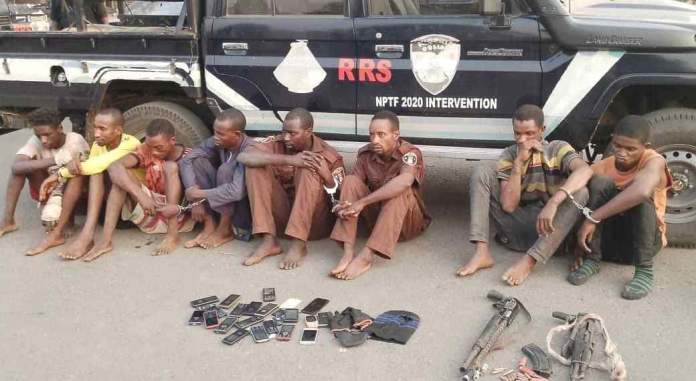
By Ologeh Joseph Chibu
The current inflation rate has driven 129m Nigerians, more than 60 percent of the entire population into poverty.
This was contained in the latest World Bank Nigeria Development Update report, shedding light on the escalating poverty crisis in Nigeria.
According to the report, over 129 million Nigerians are now living below the national poverty line, a significant increase from previous years.
The report, published on Thursday in Abuja, highlights the worsening hunger across the country and the growing frustration among citizens as inflation continues to rise at alarming rates. Small business owners, in particular, are feeling the pinch as the cost of commodities has surged by 45.92% since President Bola Tinubu took office.
The report reveals a sharp increase in poverty levels, with the percentage of Nigerians living below the national poverty line jumping from 40.1% in 2018 to a staggering 56% by 2024. This translates to over 129 million people now facing financial hardship.
“With growth proving too slow to outpace inflation, poverty has risen sharply,” the World Bank stated. “Combined with population growth, this means that some 129 million Nigerians are living in poverty”, with over 115 million Nigerians estimated to have been poor in 2023. Since 2018/19, an additional nearly 35 million people have fallen into poverty.
The report attributes this spike in poverty to a combination of internal mismanagement and external shocks, including inflation, the lingering impact of the COVID-19 pandemic, and policy missteps. Real GDP per capita has yet to recover to pre-2016 recession levels, and rising prices have diminished the purchasing power of Nigerian households.
Inflation has become a major contributor to the economic crisis, impacting nearly every sector. Urban poverty, once less prevalent, has surged, with 31.3% of urban residents now living in poverty up from 18% in 2018. This trend has especially hurt small business owners, who are struggling to stay afloat amid skyrocketing costs and declining consumer spending.
The World Bank also emphasized that government cash transfer programs are being ramped up to support vulnerable households, but the scale of the challenge remains immense. With 14 million more Nigerians falling into poverty just in 2024, the situation is critical.
The report underscores the urgent need for economic reforms to address inflation, restore purchasing power, and revive the country’s stagnating growth. As Nigeria navigates these turbulent times, small businesses and low-income households remain on the frontlines, grappling with the harsh realities of the current economic landscape.





